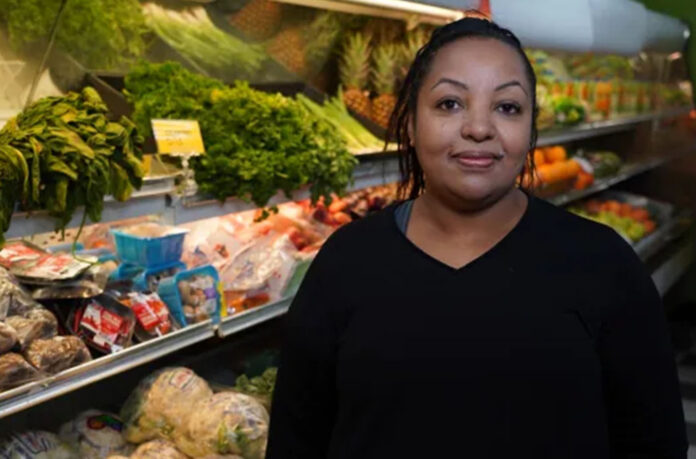“Those are a necessity for people,” Deselgne told CBC’s Edmonton AM on Thursday. “So we’re taking a hit on those.”
Her store, at 10418 107th Ave., is in one of the city’s lower-income neighbourhoods in central Edmonton.
With prices increasing with almost every new shipment that arrives, Deselgne isn’t sure how long she can keep swallowing her costs.
On Wednesday, Statistics Canada reported that Canada’s inflation rate rose to 7.7 per cent in May, the highest in 40 years. Grocery prices have increased 9.7 per cent over the past year.
“It’s just constantly going higher and higher by week,” Deselgne said. “It’s quite stressful.”
The Spice Centre, at 9280 34th Ave. in Mill Woods, has also had to increase prices, partly due to increasing shipping costs.
“We have been in business for over 30 years now and we have not seen price changes like these, ever,” Spice Centre co-owner and manager Aman Bindra said.
Prices are up, but profits are down, he said.
The store caters to a significant South Asian and Caribbean population and orders a lot of its products from India and the Caribbean.
Before the pandemic, a container that cost Bindra $5,000 and take five to six weeks to arrive is now costing him around $15,000 and not arriving for months.









